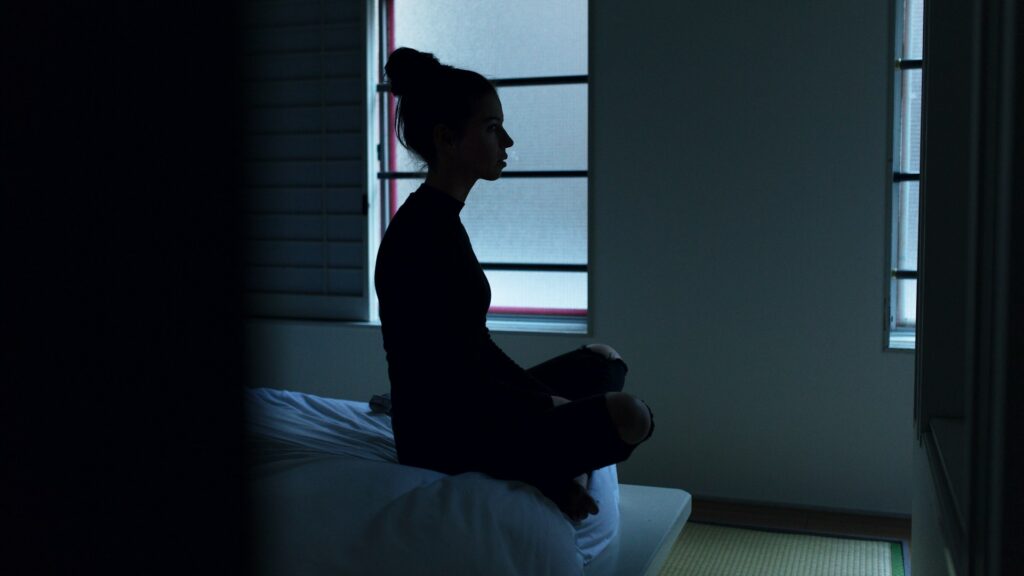Many people sleep for eight hours yet still wake up drained. That’s because getting enough hours in bed doesn’t guarantee the deep, restorative rest your body needs. Hidden sleep disruptions, poor sleep environments, blood sugar swings, and mental overload can all leave you feeling groggy before the day even starts. The good news—most of these causes have practical, achievable fixes.
Why You Might Still Feel Tired After 8 Hours
One of the most common reasons for morning fatigue is poor sleep quality. You might spend the recommended time in bed but only reach light or fragmented sleep stages. Noise from outside, streetlights streaming through the window, or a room that’s too warm can all keep your body from entering the deep, slow-wave and REM stages where the real recovery happens. Creating a sleep-friendly environment can make a difference: aim for a cool room temperature between 60–67°F, block out light with blackout curtains, and step away from screens at least 30 minutes before bedtime to limit blue light exposure.
Certain sleep disorders can also quietly rob you of rest. Sleep apnea, for example, causes repeated breathing interruptions that lower oxygen levels and jolt you out of deep sleep—often without you realizing it. Restless legs syndrome, chronic insomnia, and other conditions can have similar effects. If you snore loudly, wake up gasping for air, or feel inexplicably exhausted during the day, it’s worth speaking with a doctor or sleep specialist. A simple evaluation can uncover issues you can treat, leading to dramatic improvements in your energy.
Mayo Clinic offers a clear guide to sleep apnea symptoms and treatment options.
Your diet may also be working against you. Blood sugar dips during the night—often triggered by a high-sugar dinner or skipping balanced meals—can cause restlessness or early waking. Choosing an evening meal with complex carbs, lean protein, and healthy fats helps stabilize blood sugar and support sustained rest. Skipping heavy desserts or sweet drinks close to bedtime can also prevent overnight energy crashes.
Stress is another major disruptor. When your brain stays active long after your head hits the pillow, you may spend the night hovering in lighter sleep stages. Calming pre-bed rituals—such as gentle stretching, journaling, or reading—help shift your body into relaxation mode. Sticking to a consistent sleep schedule, even on weekends, further strengthens your circadian rhythm. Exposure to natural sunlight in the morning also signals to your body that it’s time to wake up, making it easier to fall asleep at night.
If daily stress feels overwhelming, explore practical strategies in our guide to Wellness for Real Life Routines.
Finally, persistent tiredness may be a sign of underlying health issues like anemia, thyroid disorders, or nutrient deficiencies. If you’ve made lifestyle changes without improvement, a simple blood test can identify problems that are holding back your energy.
Steps for Waking Up Refreshed
Waking up energized starts with setting a consistent sleep and wake time. Your body thrives on predictable rhythms, and maintaining them makes it easier to fall asleep and wake naturally. Upgrading your sleep environment—cooling the room, minimizing noise, and using comfortable bedding—promotes deeper rest.
What you consume in the hours before bed also matters. Caffeine can linger in your system for up to 10 hours, and alcohol may initially make you drowsy but disrupt sleep cycles later in the night. Limiting both in the evening helps you avoid these disturbances.
Adding a bedtime wind-down routine signals to your brain that the day is ending. Whether it’s a warm shower, a few pages of a book, or light stretches, the repetition trains your body to recognize that it’s time to rest. Over time, these habits can help you wake up feeling more alert and ready for the day.
Make the Right Changes Today
If you’ve been asking yourself, “Why am I tired after sleeping?” the answer often lies in sleep quality rather than sleep quantity. Improving your sleep environment, addressing potential medical issues, managing stress, and balancing your diet can transform your mornings.
The shift doesn’t have to be overwhelming—start small. Lower your thermostat before bed tonight, dim the lights an hour before sleep, or swap dessert for a protein-rich snack. As these changes become routine, you may find that mornings feel lighter, clearer, and far more energized. Small adjustments today can pave the way for deeper rest and better mornings tomorrow.



